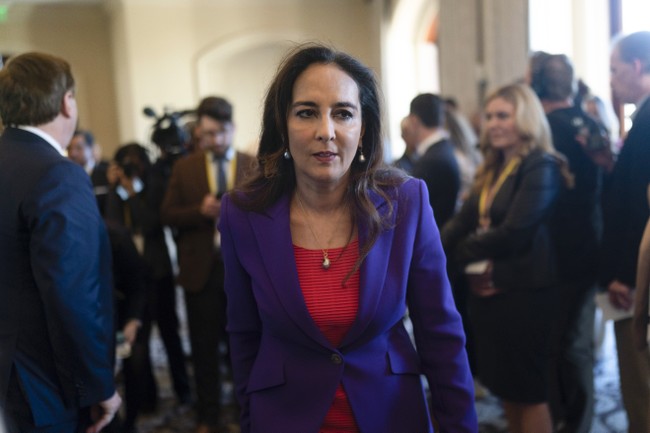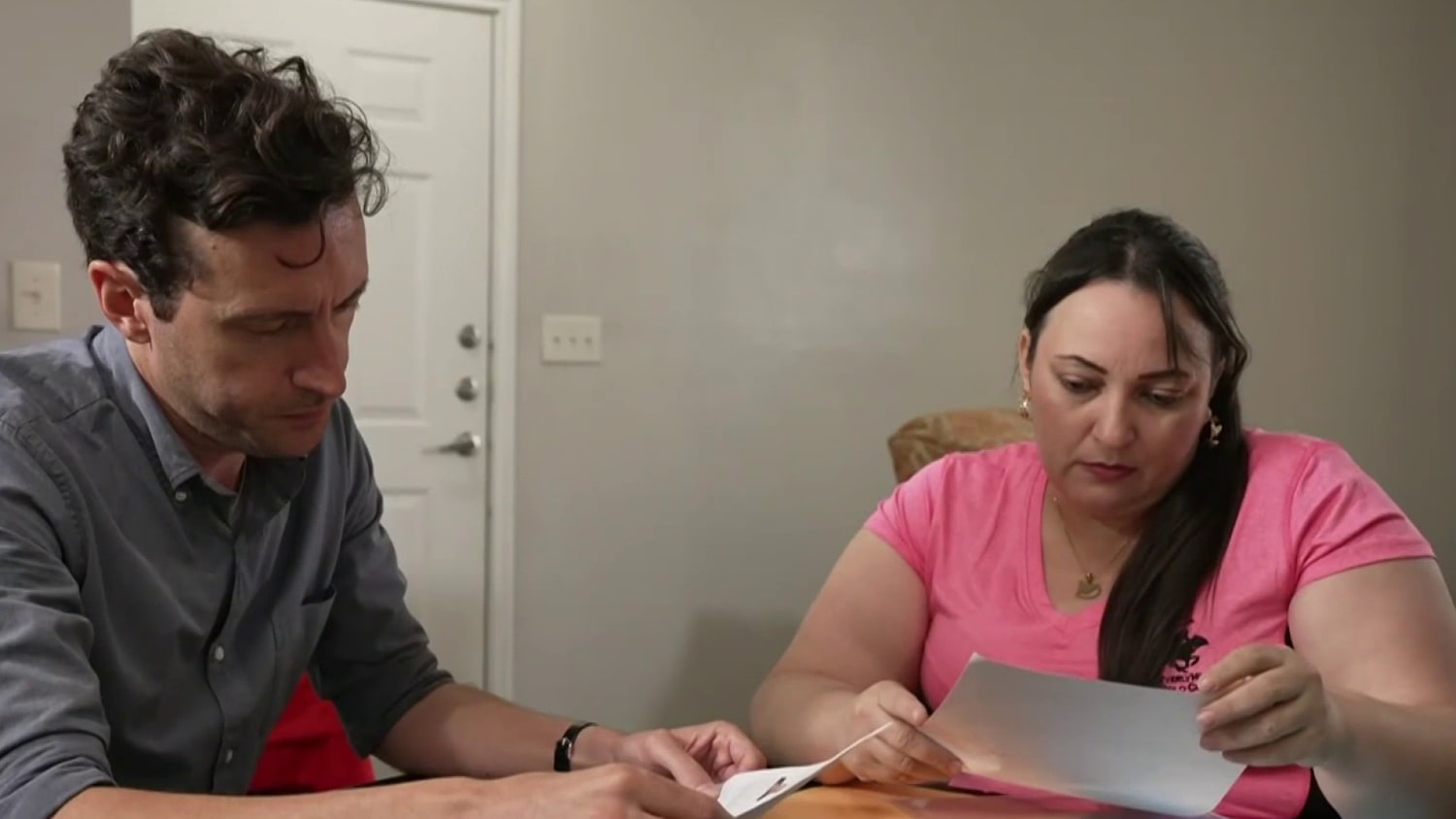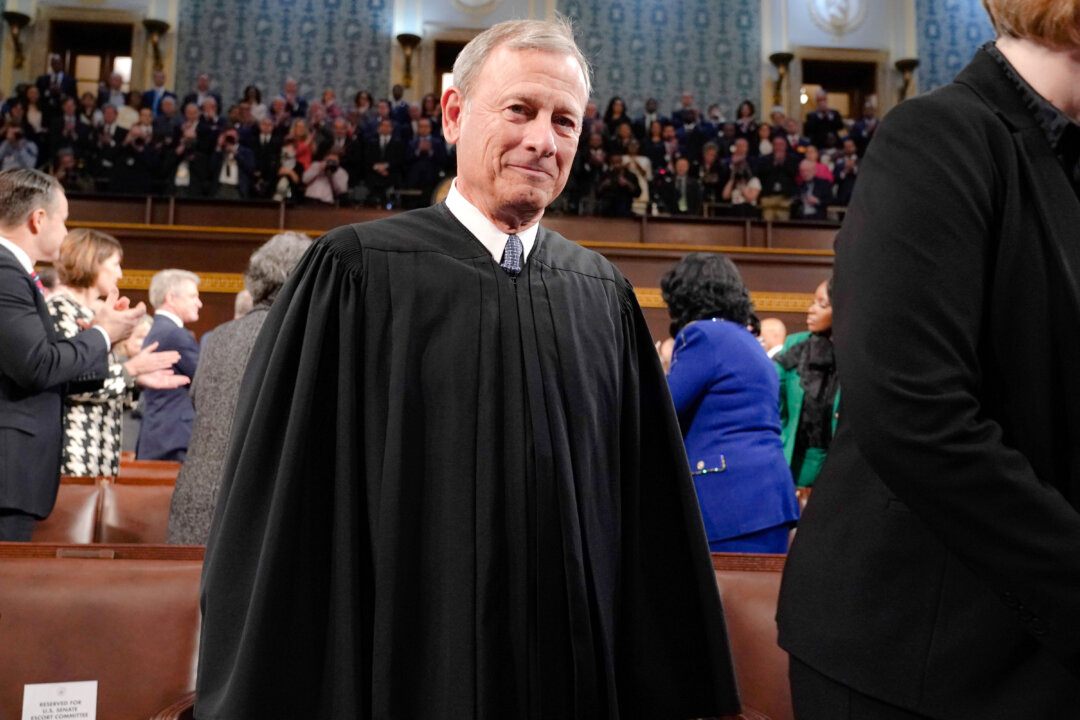Harvard University is facing demands from key House Republicans to explain allegations it trained members of a Chinese paramilitary group and worked with Iran-linked researchers.
In a letter sent this week, Reps. John Moolenaar, R-Mich., chairman of the House Select Committee on the Chinese Communist Party; Tim Walberg, R-Mich., chairman of the Education and the Workforce Committee; and Elise Stefanik, R-N.Y., requested internal documents and communications from Harvard officials detailing the university’s partnerships with foreign adversaries.
The lawmakers raised alarm over Harvard’s repeated hosting and training of members of the Xinjiang Production and Construction Corps (XPCC) — a paramilitary organization sanctioned by the U.S. government for its role in the Chinese Communist Party’s genocide against Uyghur Muslims.
According to the letter, Harvard allegedly used Department of Defense funding to partner with Chinese universities on research with potential military applications.
HARVARD UPDATES LAWSUIT AFTER TRUMP CANCELS ADDITIONAL $450M IN FUNDING
Between 2020 and 2024, Harvard researchers also collaborated on at least four projects funded by an agent of the Iranian regime, raising concerns about violations of U.S. sanctions laws.
Harvard’s China Health Partnership reportedly hosted healthcare policy training sessions that included XPCC officials, a fact highlighted by Chinese government outlets.
"We are deeply concerned the services and resources provided through these events may violate U.S. law and could have been deployed by XPCC to further repress the Uyghur people and other ethnic minorities in China," the lawmakers wrote.
Harvard replied to a request for comment: "We can confirm receipt and will respond to the Chairs’ letter."
HARVARD PRESIDENT CLAIMS ‘UNFOUNDED RETALIATION’ AMID TRUMP FUNDING FEUD
The letter points to several specific research collaborations: In one case, Harvard researchers received DARPA funding to work with Tsinghua University faculty on zero-indexed materials — technology that could advance artificial intelligence systems.
In another, a Harvard researcher partnered with a Zhejiang University professor on polymer science research funded by the U.S. Air Force, which could be applied to aircraft construction.
A third project involved shape memory alloys, materials with aerospace applications, researched alongside faculty from Huazhong University, also under Air Force funding.
"Harvard researchers should not be contributing to the military capabilities of a potential adversary," the letter stated.
The lawmakers also noted that Harvard researchers have routinely worked with Chinese military-linked institutions on dual-use technologies, including microelectronics, AI, and quantum science.
Additionally, the lawmakers raised concerns over Harvard’s organ transplant research involving China-based collaborators, citing growing international scrutiny of China’s forced organ harvesting practices.
"Harvard trained members of a sanctioned Chinese paramilitary group responsible for genocide, and its researchers partnered with Chinese military universities on DoD-funded research and worked with researchers funded by the Iranian regime," said Moolenaar.
"These are not isolated incidents — they represent a disturbing pattern that puts U.S. national security at risk. The Select Committee’s investigation will deliver answers, expose the truth, and hold Harvard accountable to the American people.
.png)
 2 hours ago
1
2 hours ago
1














 English (US)
English (US)